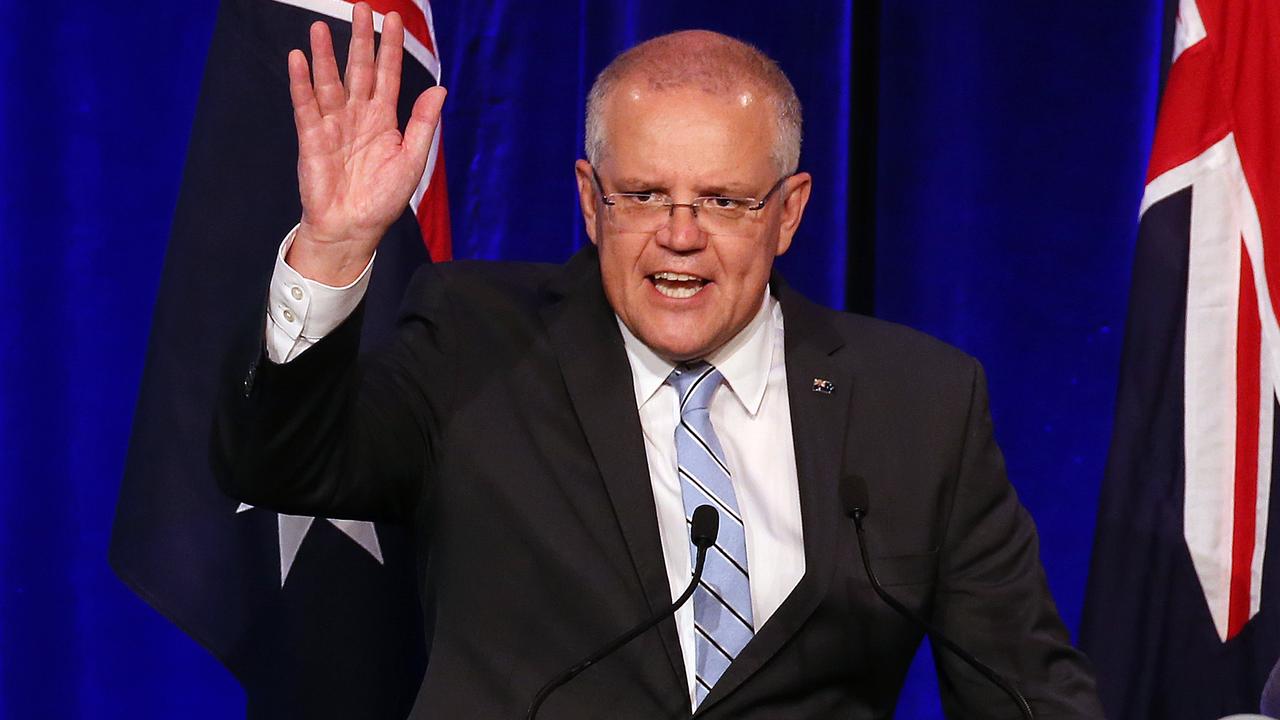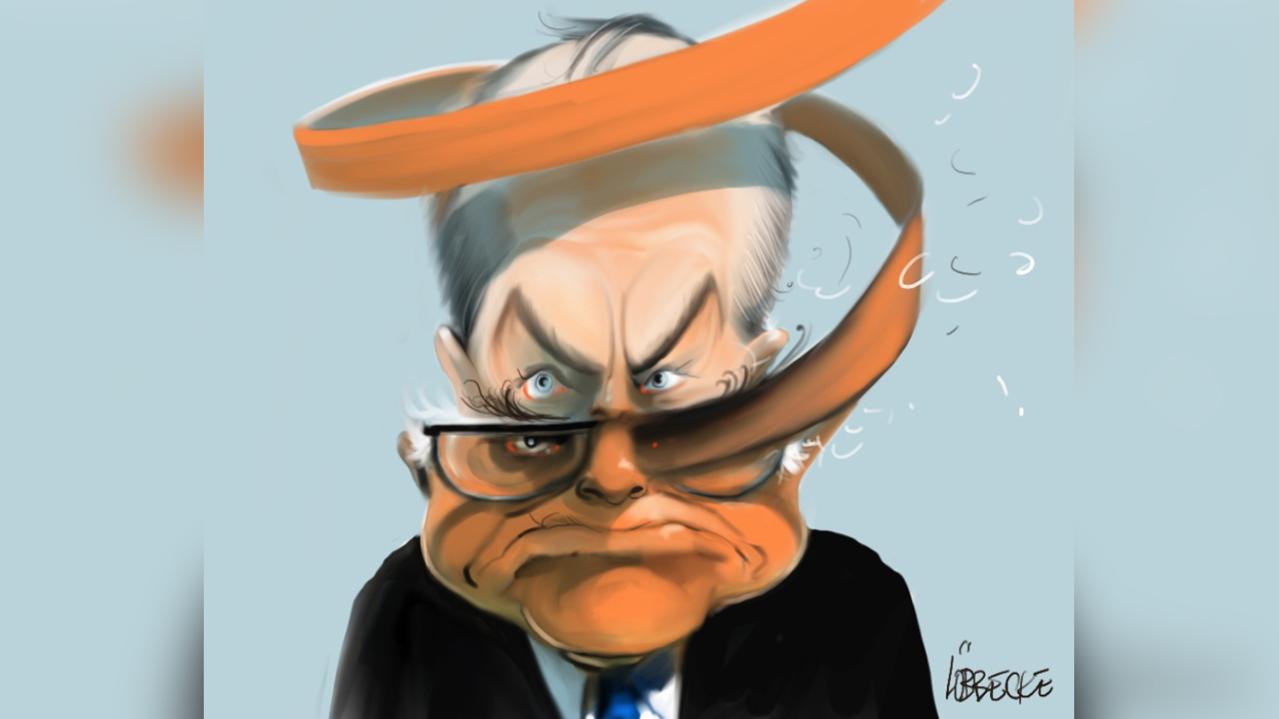
With the Chinese New Year having ticked over this week it is now officially the Year of the Pig. Appropriate really in an election year, which is likely to include no small amount of pork barrelling by both major parties.
Despite all the talk about fiscal responsibility both Labor and the Coalition are planning to spend billions on the campaign trail. Labor is using policies such as changes to negative gearing, capital gain tax concessions and dividend imputations to spend up big in areas such as health and education. The Coalition put billions aside in the MYEFO statement for a mix of tax cuts and spending, predominantly the former.
But Bill Shorten will be hoping the Year of the Pig is an omen for him in other ways. It also happened to be the Year of the Pig in 2007 when Kevin Rudd won the election against John Howard, as well as in 1983 when Bob Hawke knocked off Malcolm Fraser as PM. Gough Whitlam’s 1972 victory came a year too late to also qualify.
The polls have consistently put Shorten in the box seat, helped along by the fact that the Coalition is a minority government, needing to win seats to retain government, or at least attain the majority government status Malcolm Turnbull secured at the 2016 election.
There are plenty of seats held by the government which are under threat, but not too many Labor seats that Scott Morrison’s team are targeting to reclaim. Privately, Liberals admit they are really just trying to reduce the size of the defeat, with the goal of staying close enough to be competitive in opposition and avoid a 1980s and 90s style stint in the wilderness.
Equally, losing well rather than losing badly could help reduce the bloodletting expected after a Coalition defeat — whether we are talking within the Liberal factions (hard right verses moderates), between states (with competing policy goals), and between the coalition partners (with the threat of a dissolution of the coalition agreement in opposition).
For Labor’s part it needs to be careful that it doesn’t cast its net too widely hoping to win seats, thereafter falling short in a wide cross section of seats it targets. That is a risk if the Coalition’s campaign against Labor on the economy (and possibly boats) starts to seriously bite. Equally, however, Shorten is keen to win in style to make governing less difficult. The quantum of Bob Hawke’s victory helped his government maintain momentum in the years which followed. One of Kevin Rudd’s difficulties (and yes there were others) was the narrow majority he secured against Howard, only winning by eight seats. When pressure followed, his leadership was put under strain.
Peter van Onselen is a professor of politics at the University of Western Australia and Griffith University.



